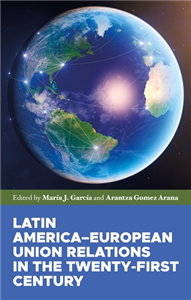China-Africa Economic and Trade Cooperation:
Case Studies and Plans
by Secretariat of the First China-Africa Economic and Trade Expo Organizing Committee
China-Africa Economics and Trade Cooperation: Case Studies and Plans comes in 3 languages: Chinese(2 volumes), English(2 volumes), and French(2 volumes). This book series include 101 excellent case studies , which related to 21 Chinese provinces and cities and 31 countries in Africa, containing agriculture, manufacturing, commerce and trade, infrastructure, industrial parks, energy and mining, financing and other fields in China-Africa economic and trade cooperation. This set of books is practical and useful for all readers. In addition, the book gives the vivid interpretation on the concept of common prosperity, win-win cooperation, mutual negotiation and construction, shared innovation and progression of Belt and Road Initiative.






























